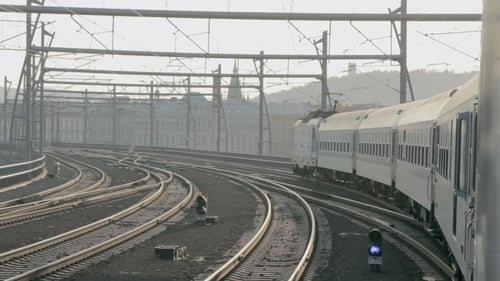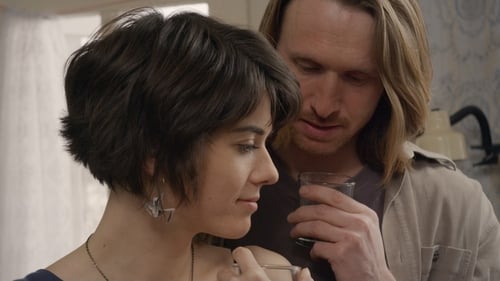
Editor
Director Tereza Tara fell ill at the age of twenty-five. She captured her ten-year-long journey to recovery, which took her deep into the past and to the edge of the abyss, in the form of a personal and poetic video diary. With her weakened kidneys, she visited doctors, psychosomatic experts, and an alternative healer who urged her to surrender herself into the hands of God. Gradually, she began to see the condition of her dual organs as a reflection of her unbalanced relationship with her mother, her partner, and her own body. She finally understood that if she wanted to find a cure for her diseased kidneys and start living a better life, she needed to understand herself better first.

Editor
This documentary film reveals how the lives of the descendants of a partisan fighter in the Second World War are still impacted by the events of that period, 75 years after the end of hostilities. In making her case, Lacková provides glimpses into her private surroundings. Over the course of her film, she also points out frightening parallels between the reign of the Nazi terror regime and the resurgence of racist currents throughout today's Europe.

Editor

Editor
What if you got the chance to build a new society from scratch, what would it look like? Located more than 200 km above the polar circle, the Swedish mining town Kiruna is built on the world's largest and most modern iron ore mining tunnel, which created a significant income for the Swedish government. However, due to the mining the city has started to collapse and in order to save the industry, the city council together with the mining company LKAB have decided to move the town and its citizens 3 kilometres to the east. In doing so, the town has turned a potential disaster into a great opportunity. The new Kiruna will be an even more progressive, even better society for the future. But is it even possible to plan an ideal world?

Editor

Continuity

Editor

Editor

Editor

Editor

Editor


